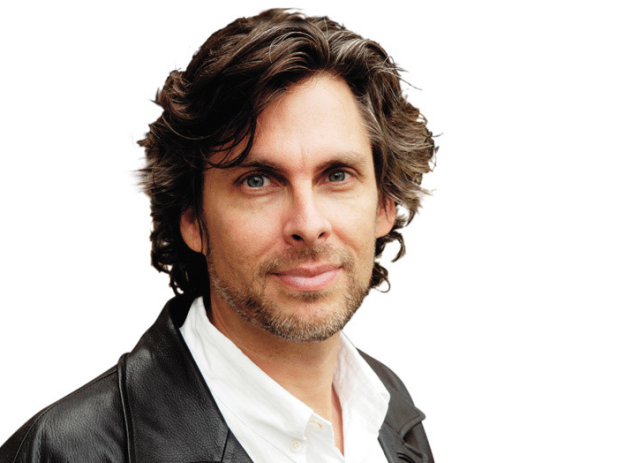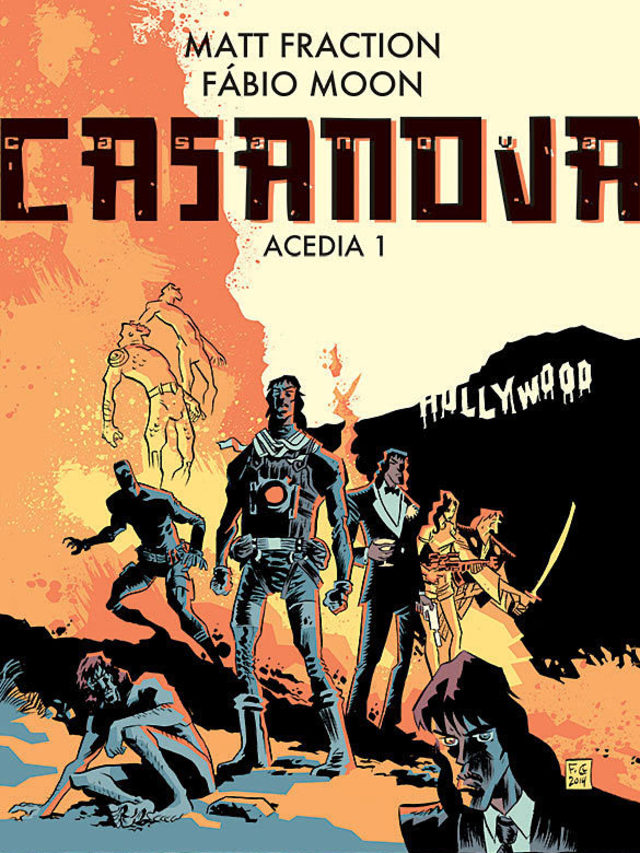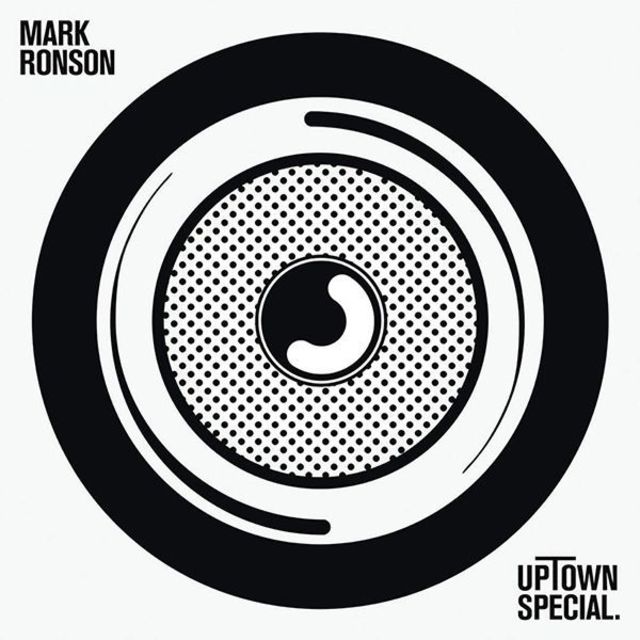Author Michael Chabon Talks Comic Books and Songwriting

Image: Courtesy Ulf Andersen
In the last year, Michael Chabon, the Pulitzer-winning author of The Amazing Adventures of Kavalier and Clay and Telegraph Avenue, has pushed his formidable writing talents into new realms. The Berkeley-based wordsmith teamed up with Portland's lauded comic book writer Matt Fraction to write backstories for the return of Fraction's critically acclaimed series Casanova (landing in comic book shops this month), he joined forces with British super-producer Mark Ronson to pen lyrics for the just-released Uptown Special, and now he's packing up for a trip to Portland for January 15's Portland Arts and Lectures talk at the Schnitz. We got Chabon on the phone to talk about learning new skills at "an advanced age" (his words, not ours).
Although you're a comics aficionado, your work on the new Casanova was your first foray into writing comics beyond adapting the Escapist stories from Kavalier and Clay. What was this experience like?
It was really fun. My original inspiration was the back pages of the old Marvel Thor comic books. You would get to see other characters in the saga doing various things, but those stories never really had that much effect on what was going on in the arc of the Thor storyline. It didn’t really occur to me that [Matt Fraction] would a) want me to and b) let me do things that were more important to the overall continuity to the book itself. But I was wrong about that.
It turned out he had something more related in mind. And once that became the truth then I had to actually play with his toys, and that was a weird thing. I was like, ‘Is this ok, can I just say that?’ Because, you know, this is his character that he made up and now I’m saying ‘this is the case of this character.’ It was an odd feeling, but he seemed totally delighted.

And how was that process different from working on the Escapist stories?
The Escapist stories were just sort of me, adapting myself. So I just had to argue with myself, or get permission from myself, or discuss things with myself. And I was working with an editor there, who was recruiting writers, recruiting artists, pairing them if need be. I was kind of at the other end of things. I was the guy being pitched to, and then in this, I was the guy doing the pitching.
Do you approach writing comic book scripts differently than writing a novel, knowing that it is going to be illustrated?
Yeah, I mean it’s a completely different thing. It's not even like writing a screenplay, though it sort of looks like it might be when you look at a script of a comic. It’s really it’s own separate form...and it is really a fun form.
When you are writing a comic strip, first of all, there is much more that you can say. You are not just saying what the characters or actors are doing and what the actors are saying. You can be detailed and descriptive about the setting and what is happening in the individual panel. Even if you wrote 10 pages of description, which I think any artist would resent, your 10 pages of description of a panel are still going to translate into just one panel. So that same pressure to keep things short is not there.
Michael Chabon
Portland Arts and Lectures
Jan 15
Arlene Schnitzer
Concert Hall
You've said, “Personally I would prefer to see bookstores shelve all fiction together regardless of genre. Or maybe just have two sections, ‘Good Stuff’ and ‘Crap.’ Into Crap we will consign all novels regard-less of genre or reputation that trade in cliché and dead language. If I ever own a bookstore I will do it that way. Only I will just leave out the Crap section.” Do you think comics and graphic novels are in the same boat? Do you think we could eliminate borders between ‘here is where you keep the graphic novels and here is where you keep the novels’?
First of all, it’s not that I want to eliminate genres. What I want to eliminate is the prejudice against certain genres. I mean, genres are great. I wouldn’t want to suddenly say we are never going to have science fiction per se, it’s more like, let's have as many genres as possible. The thing I would like to get rid of is people’s sort of learned response, whether those people are publishers or readers, to say, "Ew, I don’t like science fiction." Or, "we don’t publish that." Or, "that science fiction is only for guys or teenage boys or whatever." That is what I would like to see eliminated, the bias against the genre.
It is sort of like with drug policy, where alcohol has this privileged status, and it’s legal and it’s advertised and once you hit the proper age you can go buy it as much as you want to and drink as much of it as you want to, as long as you don’t get behind the wheel of a car. And then all the other drugs, you know, even ones that are not as dangerous and destructive, are illegal.
So when you look at comics, yes, I would like to eliminate the bias of comics as a whole. But comics aren’t even a genre, they are a medium. It’s like an entire medium has a bias against it, not just a particular genre within that medium. and that is just insane.

To go a completely different direction, I read that you wrote some of the songs for the new Mark Ronsom album before you heard the music, and for others you penned lyrics for a pre-recorded track. Which came more naturally to you?
It was easier to write lyrics for a non-existent melody than it was to try to fit lyrics to a pre-existing melody. Sometimes I would sort of take the lyrical structure from a song I knew well, and let that guide my thinking about line lengths and so on. But then I would think, "oh, this is good, I’ve got the idea, and the lines are working and it’s in stanzas and in verses and choruses," and then when we get in the room, it would just be revealed to me that it was impossible.
They'd say, "yes you thought you had done this and it kind of fits, but these words you wrote, they can’t actually be sung." It needed to be heavily reworked so that it would actually re-fit to a melody. Writing that way is like trying to cook a meal for guests coming over and you have been told that they have certain dietary restrictions, but you are not told what those are. You're thinking, "Should I make this kosher? Or gluten free? Or you vegetarian? What am I doing here?"
The other way, writing to raw tracks, was hard, but ultimately in a way it was more efficient because I knew what I had to work with. And I discovered that there is something that I can do that I didn’t know I could do. I learned a craft at my advanced age...and that was a thrill.
So you’ve got novels, and comic books, and song writing…
I’m working on another screenplay now, too.
And screenplays. So now you are going to learn sculpture? Or lost wax casting?
I don’t know! If you had asked me a year and a half ago if I was going to ever pick up song writing, I would have said no, so who knows.




